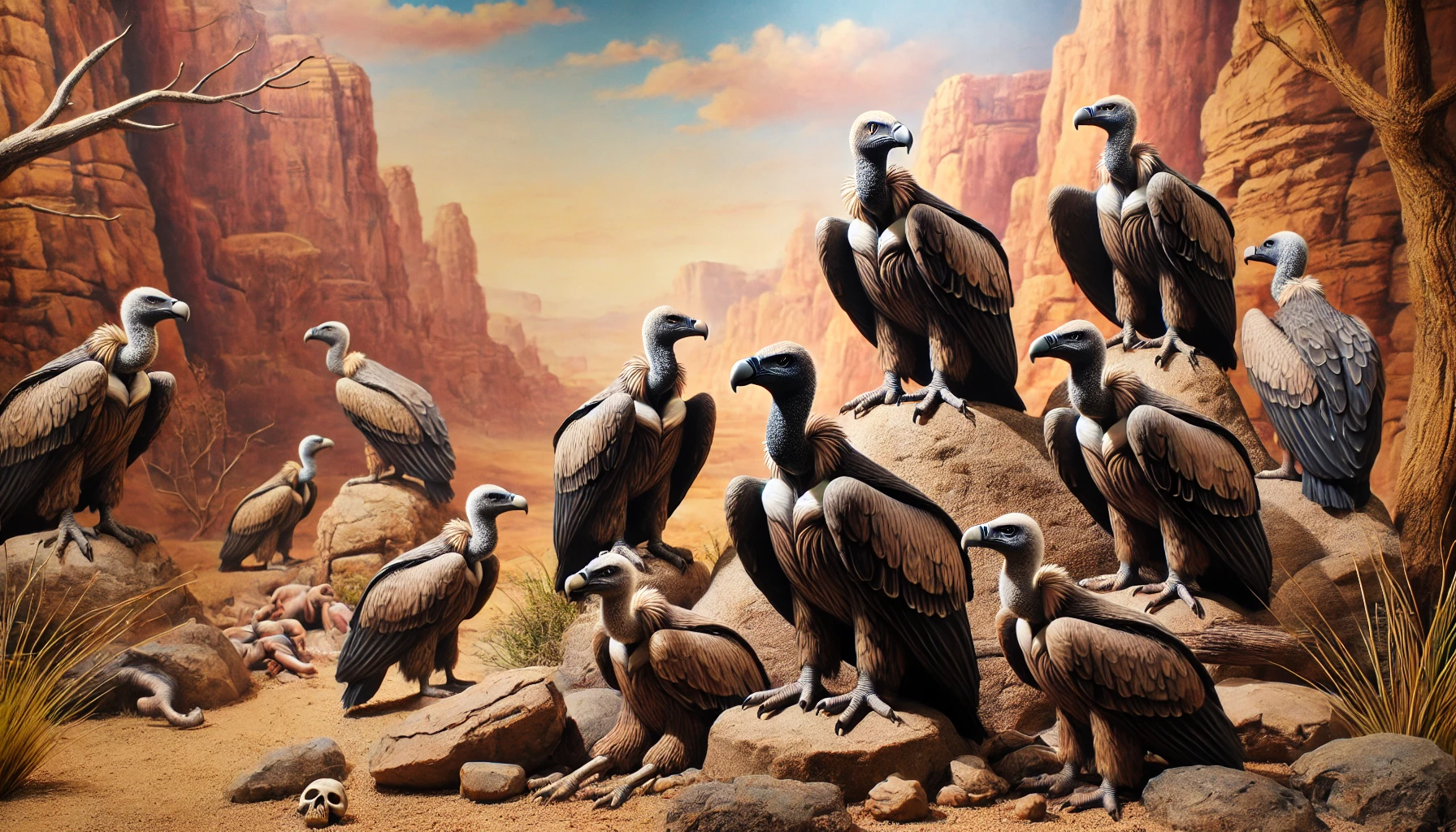Interesting Facts About Vultures and Their Behavior
Interesting Facts About Vultures and Their Behavior
Table of Contents:
- Introduction to Vultures and Their Behavior
- The Different Species of Vultures
- How Vultures Play a Vital Role in Ecosystems
- The Importance of Vultures in Nature’s Cleanup Process
- Why Some Species of Vultures Are Endangered
- Conclusion: Understanding the Unique Role of Vultures
Interesting Facts About Vultures and Their Behavior
Vultures are among nature’s most misunderstood birds, often portrayed as ominous or sinister due to their association with death. However, vultures play a critical role in ecosystems, acting as nature’s clean-up crew by feeding on carrion and helping prevent the spread of diseases. In this article, we will explore interesting facts about vultures, their behavior, and the importance of their role in maintaining a healthy environment.
1. The Different Species of Vultures
There are 23 species of vultures found across the world, categorized into two groups: the Old World vultures and the New World vultures. Old World vultures are found in Africa, Europe, and Asia, while New World vultures inhabit North and South America. Some well-known species include the Andean condor, one of the largest flying birds in the world, and the griffon vulture, commonly found in Europe and Asia. Each species of vultures has adapted to different environments, from mountains and savannas to forests and deserts, but all share a similar role in scavenging and cleaning up dead animals.
2. How Vultures Play a Vital Role in Ecosystems
Vultures are essential for maintaining the balance of ecosystems by preventing the spread of diseases from decaying animal carcasses. Their highly acidic stomachs allow them to safely digest carrion that would be harmful or deadly to other animals. By consuming dead animals, vultures help remove harmful bacteria and toxins from the environment, reducing the risk of disease outbreaks. This vital role in nature’s food web makes vultures crucial for ecosystem health, particularly in areas with large populations of herbivores and carnivores.
3. The Importance of Vultures in Nature’s Cleanup Process
As scavengers, vultures play a unique role in nature’s cleanup process. Unlike predators, which kill for food, vultures exclusively feed on dead animals. This behavior is incredibly important for preventing the buildup of decaying carcasses in the wild, which could otherwise attract pests and spread diseases like anthrax and botulism. In areas where vultures have declined, there has been a noticeable increase in feral dogs and rats, which do not provide the same ecosystem benefits and can contribute to the spread of rabies and other diseases.
4. Why Some Species of Vultures Are Endangered
Despite their ecological importance, many species of vultures are endangered due to human activities. One of the primary threats to vultures is poisoning, often unintentionally caused by farmers using pesticides or poisoned bait to control other animals. When vultures feed on poisoned carcasses, they too are affected, leading to a sharp decline in their populations. Habitat loss, hunting, and collisions with wind turbines and power lines also threaten vultures. In India, the use of a drug called diclofenac to treat livestock has been particularly devastating for vulture populations, as the drug is lethal to them when they consume treated carcasses.
5. Conclusion: Understanding the Unique Role of Vultures
In conclusion, vultures are vital contributors to the health of ecosystems, playing a crucial role in preventing disease outbreaks and cleaning up the environment. Despite their negative reputation, they are essential to maintaining balance in nature. With several species of vultures now endangered, it is important to recognize their value and take steps to protect them from further decline. By raising awareness and supporting conservation efforts, we can help ensure that vultures continue to fulfill their important role in ecosystems for generations to come.

<ⓒ WizardMedics (wizardmedics.com)>


